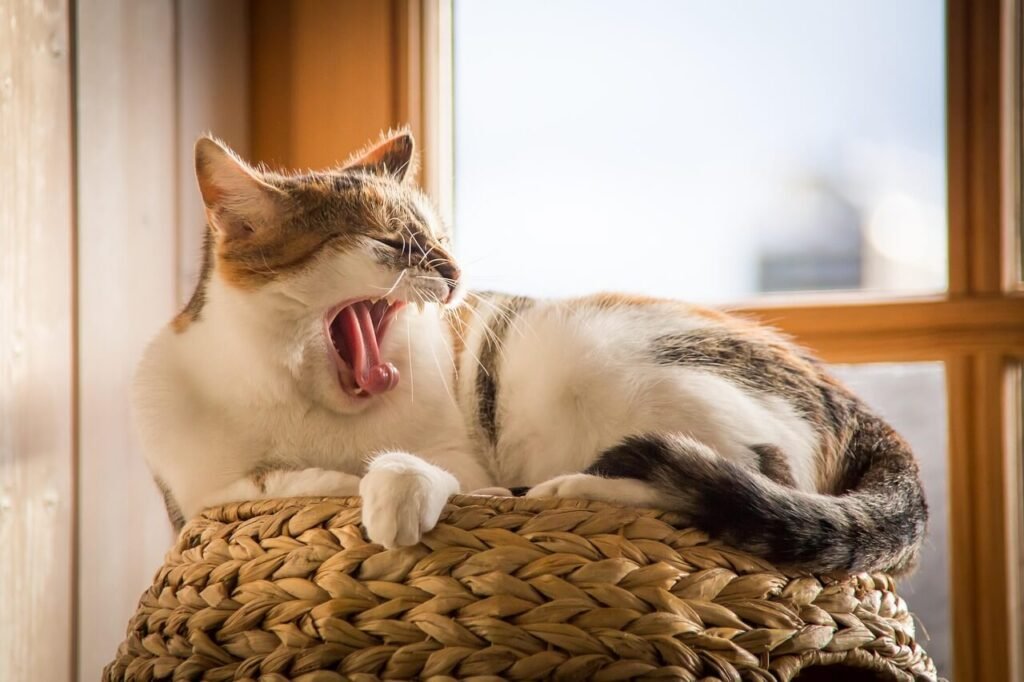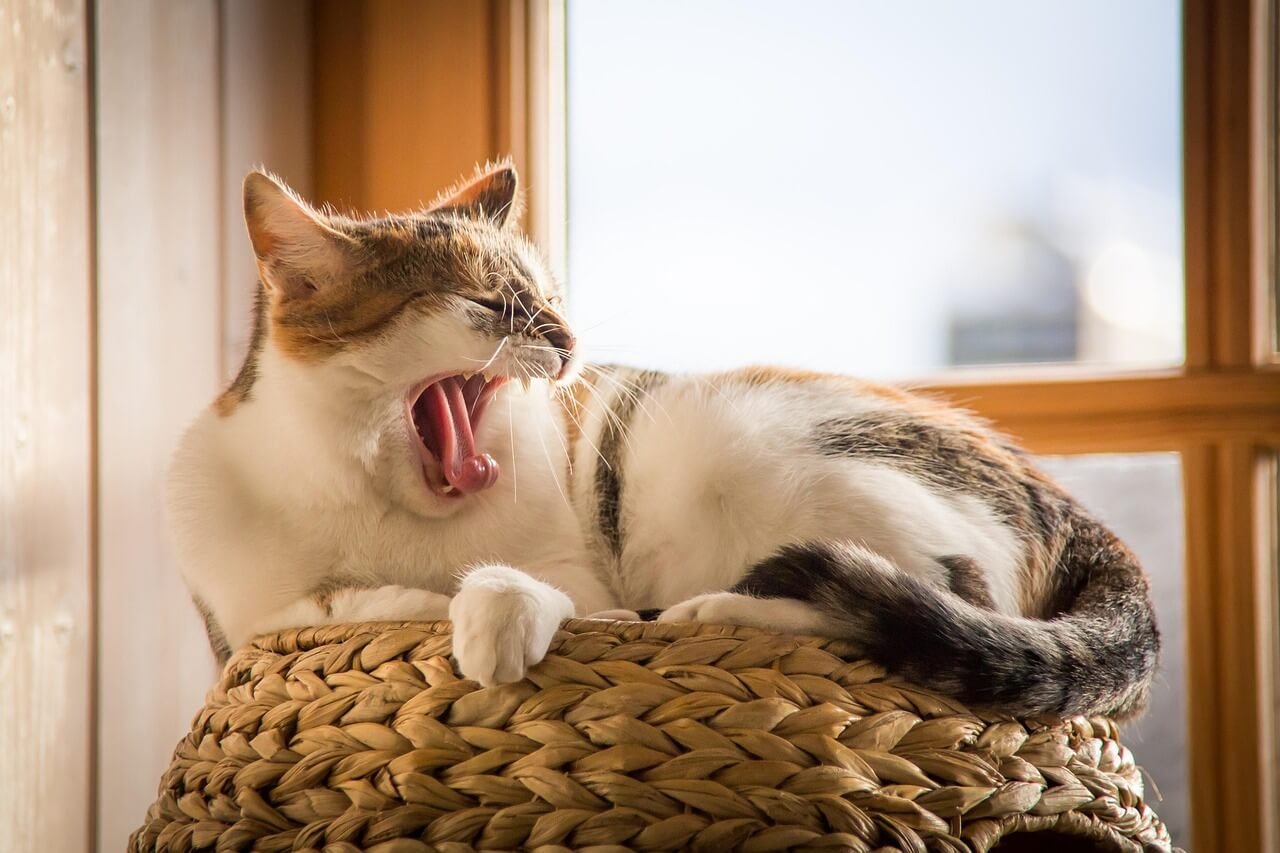Understanding the Sphynx Cat Lifespan: How Long Do These Unique Felines Live?
The Sphynx cat, with its strikingly bald appearance and playful personality, has captured the hearts of cat lovers worldwide. However, if you’re considering adding a Sphynx to your family or already share your home with one, understanding their lifespan is essential for providing the best care possible. On average, a Sphynx cat’s lifespan ranges from 10 to 15 years, though some can live even longer with proper care. Several factors, including genetics, diet, and lifestyle, play a role in determining how long these unique felines thrive. In this blog post, we’ll explore everything you need to know about the Sphynx cat lifespan, tips for maximizing their health, and how to ensure they live a happy, fulfilling life by your side.
Factors That Influence the Sphynx Cat Lifespan
While the Sphynx cat is generally a healthy breed, certain factors can significantly impact their lifespan. Understanding these influences can help you take proactive steps to extend your cat’s life. Here are some key considerations:
Genetics and Breed-Specific Health Issues
Sphynx cats are prone to certain hereditary conditions, such as hypertrophic cardiomyopathy (HCM), which can affect their longevity if not managed properly.Diet and Nutrition
A balanced diet rich in protein and essential nutrients supports overall health and helps prevent obesity, a common issue in Sphynx cats.Regular Veterinary Care
Routine check-ups and preventive healthcare can catch potential issues early, ensuring your Sphynx stays healthy for years to come.Skin and Temperature Sensitivity
Due to their lack of fur, Sphynx cats are more vulnerable to skin infections and temperature extremes, both of which can impact their well-being.Lifestyle and Environment
Providing a safe, stimulating environment with plenty of mental and physical activity contributes to a longer, happier life.
By addressing these factors, you can help your Sphynx cat live a longer, healthier life. Prevention and attentiveness are key to maximizing their lifespan.
Signs of a Healthy Sphynx Cat: What to Look For
Recognizing the signs of good health in your Sphynx cat can help you ensure they’re on track for a long and happy life. Here are some indicators that your cat is thriving:
Shiny, Healthy Skin
Despite their lack of fur, Sphynx cats should have smooth, clean skin free of rashes, sores, or excessive oiliness.Energetic Behavior
A healthy Sphynx will be active, playful, and curious, showing interest in their surroundings.Good Appetite
Consistent eating habits and maintaining a healthy weight are strong indicators of overall well-being.Clear Eyes and Ears
Bright, clear eyes and clean ears without discharge or irritation suggest your cat is in good health.Regular Bathroom Habits
Consistent litter box use and normal bowel movements indicate proper digestion and urinary health.
Monitoring these signs allows you to catch potential health issues early and ensure your Sphynx enjoys a long, vibrant life. If anything seems off, consult your veterinarian promptly.
Check this guide 👉How Much Is a Sphynx Cat? Best 7 Expert Tips!
Check this guide 👉Are Sphynx Cats Hypoallergenic? Best 7 Health Tips!
Check this guide 👉Sphynx Cat Behavior Problems: Best 7 Expert Tips!

Factors That Extend Sphynx Cat Lifespan | Common Health Concerns in Sphynx Cats |
|---|---|
Balanced diet and proper nutrition | Hypertrophic cardiomyopathy (HCM) |
Regular veterinary check-ups | Skin infections and acne |
Maintaining a safe environment | Dental disease |
Protecting against temperature extremes | Obesity |
Mental and physical stimulation | Respiratory issues |
Tips for Extending Your Sphynx Cat’s Lifespan
With proper care and attention, you can help your Sphynx cat live a longer, healthier life. Here are some practical tips to maximize their lifespan:
Provide a Nutrient-Rich Diet
Feed your Sphynx high-quality cat food tailored to their unique dietary needs, avoiding overfeeding to prevent obesity.Keep Their Skin Clean
Bathe your Sphynx regularly to remove excess oil and dirt, reducing the risk of skin infections.Schedule Annual Vet Visits
Regular examinations help detect health issues early, ensuring timely treatment and better outcomes.Protect Them from Extreme Temperatures
Keep your Sphynx indoors during extreme weather and provide cozy blankets or clothing to keep them warm in cold climates.Engage Them with Play and Interaction
Mental and physical stimulation through toys, puzzles, and interactive play keeps your Sphynx active and happy.
By incorporating these practices into your routine, you can enhance your Sphynx cat’s quality of life and potentially extend their lifespan. Small efforts make a big difference!
Common Misconceptions About Sphynx Cats and Their Lifespan
There are several myths and misconceptions about Sphynx cats and their lifespan that can lead to confusion. Here’s what you need to know to separate fact from fiction:
Myth: Sphynx Cats Are Fragile Due to Lack of Fur
In reality, Sphynx cats are hardy and resilient, though their hairless nature requires extra care to protect their skin and regulate body temperature.Myth: They Don’t Need Grooming Because They’re Hairless
Even without fur, Sphynx cats require regular baths to manage oil buildup and maintain skin health.Myth: Sphynx Cats Live Shorter Lives Than Other Breeds
With proper care, Sphynx cats can live just as long as many other breeds, averaging 10-15 years or more.Myth: They Are Low-Maintenance Pets
Their unique needs, such as skin care and temperature regulation, make them higher-maintenance than many other cat breeds.Myth: All Sphynx Cats Develop Serious Health Issues
While they are prone to certain conditions, many Sphynx cats live long, healthy lives with attentive care and regular vet visits.
Understanding these misconceptions ensures you approach your Sphynx cat’s care with accurate knowledge and realistic expectations.
Fun Facts About Sphynx Cats and Their Unique Traits
Sphynx cats are undeniably fascinating, and their unique traits make them stand out from other breeds. Here are some fun facts that highlight what makes these felines so special:
They’re Not Completely Hairless
Despite their bald appearance, Sphynx cats have a fine layer of downy fuzz that gives their skin a soft, suede-like texture.Their Skin Comes in Many Colors
Even without fur, Sphynx cats can display a variety of skin colors and patterns, including tabby markings and solid shades.They’re Known for Being Social Butterflies
Sphynx cats are incredibly affectionate and thrive on human interaction, often following their owners around the house.Their Metabolism Runs High
Sphynx cats have a faster metabolism than many other breeds, which explains their hearty appetite and energetic nature.They Love to Snuggle for Warmth
Due to their lack of insulation, Sphynx cats seek out warm spots and enjoy cuddling with their humans or under blankets.
These fun facts showcase the charm and uniqueness of Sphynx cats, making them even more endearing to their owners. Their quirks only add to their irresistible appeal!
Signs Your Sphynx Cat May Be Aging Gracefully
As your Sphynx cat grows older, certain changes are natural, but it’s important to ensure they’re aging gracefully. Here are some positive signs that your senior Sphynx is doing well:
Maintaining a Healthy Weight
A stable weight indicates that your cat’s diet and metabolism are well-balanced, even as they age.Showing Interest in Play
Older Sphynx cats may slow down, but a healthy senior will still enjoy interactive play and mental stimulation.Adapting to Routine Changes
If your cat adjusts well to minor changes in their environment or schedule, it’s a sign of good cognitive health.Minimal Joint Stiffness
While some stiffness is normal, minimal limping or difficulty moving suggests healthy joints and muscles.Consistent Grooming Habits
Senior cats that continue to groom themselves (or tolerate your help) are likely feeling well and comfortable.
These signs indicate that your Sphynx is aging gracefully, but always consult your vet if you notice any concerning changes. With proper care, your cat can enjoy their golden years comfortably.
Tips for Bonding with Your Sphynx Cat: Strengthening Your Connection
Building a strong bond with your Sphynx cat is essential for their emotional well-being and your mutual happiness. Here are some tips to deepen your connection:
Spend Quality Time Together
Engage in daily play sessions or simply sit with your cat to show them they’re loved and valued.Learn Their Preferences
Pay attention to your Sphynx’s likes and dislikes, such as favorite toys, snacks, or cozy spots, to cater to their personality.Provide Warmth and Comfort
Since Sphynx cats love warmth, offering heated beds or blankets strengthens your role as their caregiver and companion.Talk to Them Often
Sphynx cats are social and enjoy hearing their owner’s voice, so chatting with them fosters trust and affection.Respect Their Boundaries
While Sphynx cats are affectionate, they also need space sometimes; respecting their boundaries builds mutual respect.
By nurturing your bond through these simple actions, you’ll create a lifelong partnership filled with love and trust. A happy Sphynx is one that feels deeply connected to their human!
Frequently Asked Questions About Sphynx Cat Lifespan
What is the average lifespan of a Sphynx cat?
The average lifespan of a Sphynx cat is 10 to 15 years, though some may live longer with excellent care.
Are Sphynx cats prone to health problems?
Yes, they are susceptible to conditions like hypertrophic cardiomyopathy (HCM), skin infections, and dental issues, but regular vet care can mitigate risks.
How often should I bathe my Sphynx cat?
Bathing every 1-2 weeks is recommended to keep their skin clean and prevent oil buildup.
Can Sphynx cats live outdoors?
No, their lack of fur makes them vulnerable to temperature extremes and environmental hazards; they should be kept indoors.
How can I tell if my Sphynx cat is aging well?
Look for signs like consistent energy levels, healthy skin, and regular bathroom habits, and consult your vet for age-related concerns.
Celebrating the Unique Life of Your Sphynx Cat
The Sphynx cat is a one-of-a-kind breed that brings joy, companionship, and endless entertainment to their owners’ lives. While their lifespan may vary depending on genetics and care, there’s no doubt that these affectionate felines leave a lasting impression. By understanding their needs, staying vigilant about their health, and providing a loving, supportive environment, you can help your Sphynx cat live a long, happy life. Whether you’re marveling at their quirky personalities or snuggling up with their warm, wrinkled bodies, every moment with a Sphynx is truly special. Cherish the time you have with your feline friend, and remember that love and care are the greatest gifts you can give them.
Dog Tapeworm Life Cycle: Best 7 Expert Tips! – Learn how tapeworms infect dogs, spot symptoms, and break the cycle with expert prevention strategies.
Anxious Cat Body Language: Best 7 Expert Tips! – Learn to spot signs of stress, understand triggers, and help your cat feel safe and relaxed.
Anxious Dog Body Language: Best 7 Expert Tips! – Learn to spot signs of anxiety, respond effectively, and help your dog feel safe and secure.
Is Breeding Dogs Bad? Best 7 Expert Tips! – Explore the ethics, benefits, and risks of dog breeding to make informed decisions for a better future.





